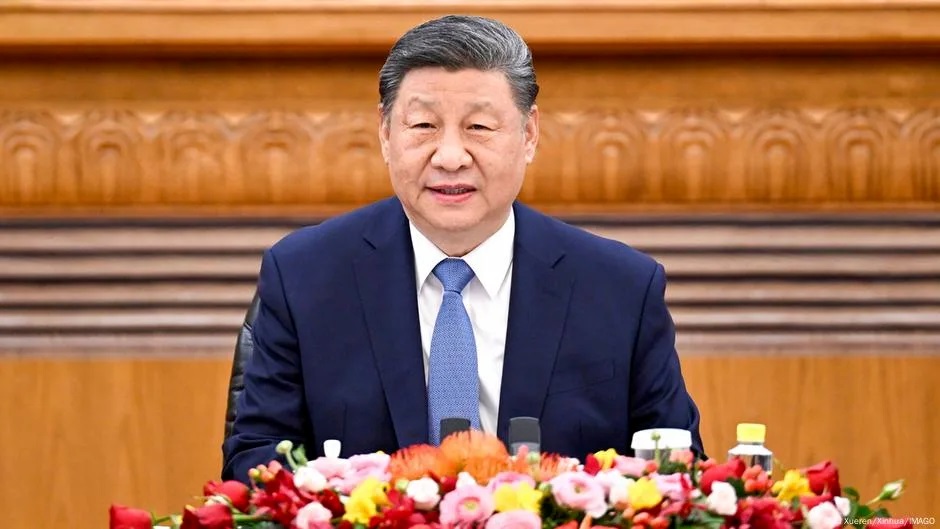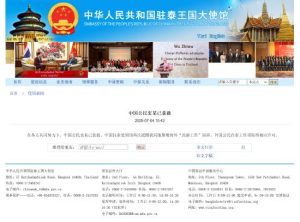Xi Jinping presided over the meeting of the Finance and Economics Committee: Control low-price internal circulation and eliminate backward production capacity

The sixth meeting of the Central Financial and Economic Commission was held in Beijing on Tuesday (July 1), and Xi Jinping, general secretary of the Communist Party of China, presided over the meeting, according to the official Xinhua News Agency. Xi Jinping delivered a speech at the meeting, emphasizing that building a unified national market is necessary to build a new development pattern and promote high-quality development.
The Central Financial and Economic Commission is the highest economic policy body of the Communist Party, chaired by President Xi Jinping.
The report said that the meeting stressed that in order to deepen the construction of a unified national market, we must focus on key difficulties, govern the low-price disorderly competition of enterprises in accordance with laws and regulations, guide enterprises to improve product quality, and promote the orderly withdrawal of backward production capacity.
Reuters reported that China’s manufacturing enterprises’ overcapacity and price cuts to clear inventory have triggered price wars, and there are signs that these price wars are affecting consumer behavior. Analysts worry that this may lead to further price cuts, raising concerns that deflation may solidify. Deflation will hinder the efforts of China, the world’s second largest economy, to stabilize its growth.
Expand opening up and switch exports to domestic sales
On Sunday, the Communist Party mouthpiece People’s Daily published an editorial on the front page, calling for the Chinese economy to get rid of “involutionary competition” among enterprises, which attracted widespread attention.
The article said that for some time, disorderly price wars and homogeneous competition have become the prominent manifestations of “involution” competition in some industries. The author pointed out that “involution” will weaken the overall competitiveness of the industry, destroy the industrial development ecology, and hinder the domestic circulation.
“‘Involution’ competition has a distinct internal consumption. Excessive resources and inefficient competition of factors have suppressed the release of innovation vitality, hindered the formation of a high-level dynamic balance between supply and demand, and directly affected employee wages, government tax revenue, and future investment confidence, thus affecting the overall economic development.”
The commentary said that to rectify “involution” competition, it is necessary to create a fairer and more dynamic market environment to optimize resource allocation efficiency and maximize benefits.
Involution leads to vicious competition, and the number of Chinese restaurants closed down has reached a record high.
Data released by the National Bureau of Statistics of China on Monday showed that in June, the manufacturing purchasing managers’ index (PMI) was 49.7%, up 0.2 percentage points from the previous month. Despite a slight increase in new orders, ex-factory prices remained sluggish, indicating that the economy may fall into a spiral of continued price declines.
Reuters reported that US President Trump’s tariff measures have threatened the long-term viability of China’s sales to the United States, the world’s largest consumer market; at the same time, domestic demand in China remains weak, and manufacturers have cut prices to attract buyers.
The Central Finance and Economics Commission meeting on Monday also called for “continuous expansion of domestic and foreign opening up” and “focusing on promoting the integrated development of domestic and foreign trade and unblocking the path of export-to-domestic sales.”






